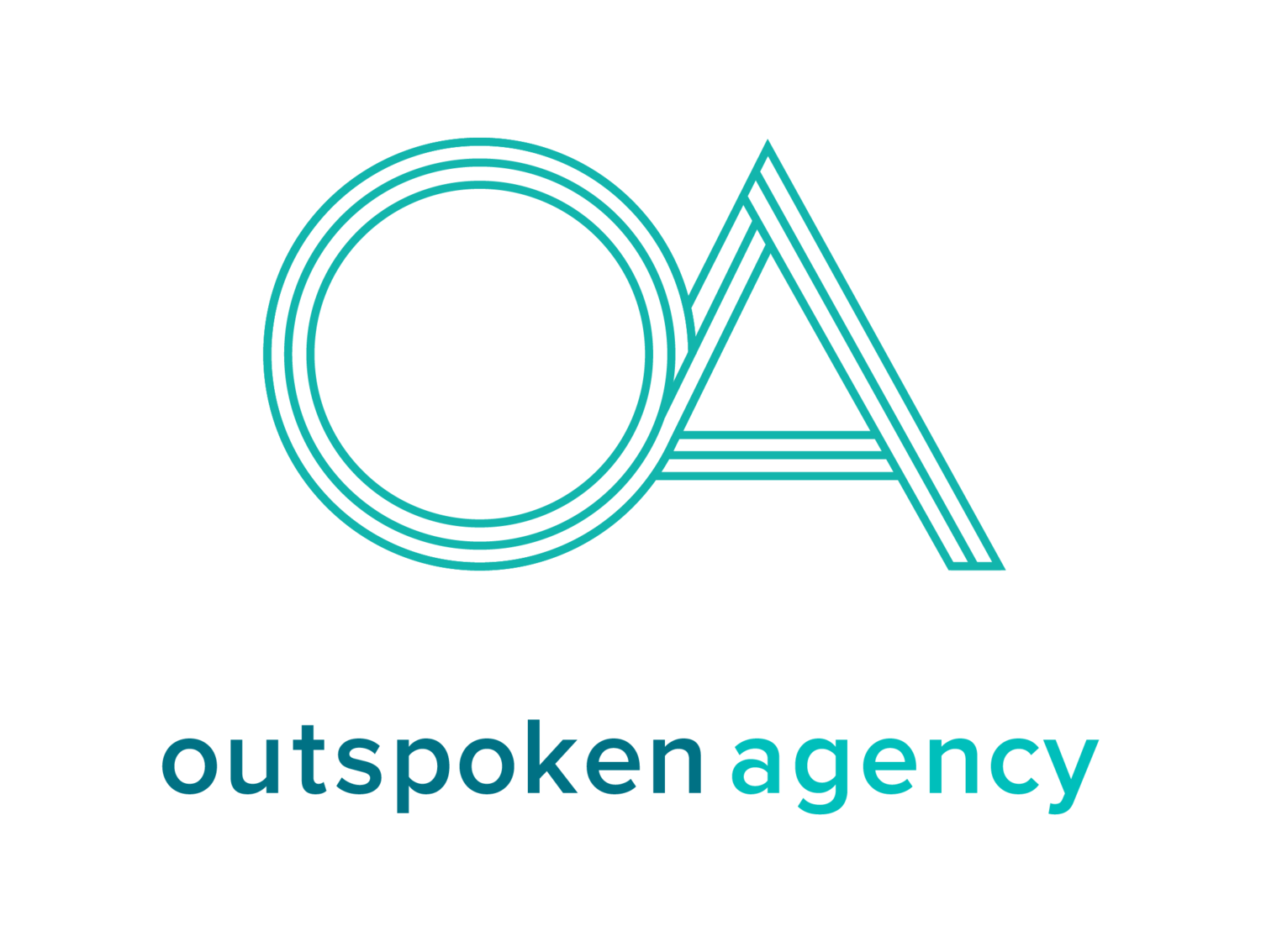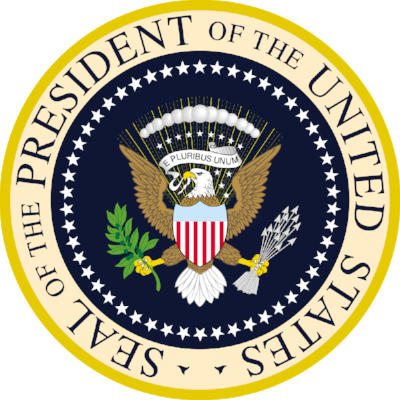As a reminder of this monthly series (we took a break in December), we invite our speakers to discuss their points of view and/or expertise on a taboo topic to offer up an opportunity for conversations on very much relevant, but avoided subjects. Although the subject matter at hand may be considered taboo for some, there are important messages and viewpoints to engage upon for future understanding and learning.
We opened up the opportunity for some to share not only observations and objections towards the new Presidency, but also tangible ways in which we may create more meaningful conversations about the aftermath of the election and the present state of the nation, including the backlash involving the first few weeks of this Trump administration. These people are teachers, fundraisers, technologists, doctors, and leaders. Their political affiliations should take a backseat to the understanding of their focus on supporting humanity. We've asked them to be outspoken after all, and that is what they've done.
Dr. Samantha Nutt {Founder of War Child USA}:
“A friend of mine - a successful business entrepreneur - once gave me what I thought to be the soundest advice on managing difficult, irrational people: there's no strategy for crazy. I keep coming back to this in the wake of Trump's Presidency. He's already demonstrated that he will do and say (and tweet) just about anything, with a shameful disregard for the truth, and with a narcissism that should be career-ending rather than career-making. So what can anyone who believes in tolerance, compassion, empathy, inclusiveness and evidence-based decision making do? If there's an answer, it may be this: always do the opposite. When he cuts humanitarian aid to poor countries, refugees and those living with war (and he will), pick an international charity and donate as much as you can, as often as you can. When he dismisses, demeans and degrades women, minorities, immigrants and civil rights icons, celebrate them loudly and passionately. Support public media, and share articles and features by journalists who focus on substance, instead of hype. For every brick in his wall, tear one down. Millions of acts of daily defiance. No strategy here, as my friend aptly pointed out, is guaranteed. But when confronting a bully, it helps to have a crowd of friends standing beside you.”
Natalia Petrzela {Professor of History and Author of Classroom Wars}:
"Very few people expected the outcome of this election, and because of that, it seems even fewer know how to move forward in its aftermath (and I include the full range of the political viewpoints in that claim). If social media defined this election in an unprecedented way, it's pretty clear that even if we were communicating more, it was largely an illusion that we were doing so beyond our own "echo chambers." Actually, the volume of content probably only served to solidify these barriers to productive communication even as it perpetuated the illusion that we were transcending them. But hindsight is 20-20, and there is no way to move but ahead, and we must do so on the level of our day to day interactions as well as in the demands we make of our political structures. What does that mean? Mostly, it means getting ready to invest a whole lot of energy in conserving, and I hope even improving, the quality of our lived experiences and the institutions that govern them. It means reaching out to like-minded people to organize, and to the not-so-like-minded to try to understand if not empathize with their positions. It means relentlessly pressuring those in power to live up to their roles as leaders of the free world and to empower us to participate meaningfully by modeling transparent, ethical, and civil behavior. Perhaps the fact that all these assumptions have been cast into doubt during these months is an opportunity for us, collectively, to reaffirm their importance to American life."
Michael Slaby {Former Chief Integration and Innovation Officer for the 2012 'Obama for America' Campaign}:
"To promote better priorities, we must take the next steps from media and attention and marching. More civic engagement is good. Building community and awareness is good, but these are our first steps. We have to talk to people who don’t agree with us. And we must be visible to our leaders, not just loud — show up at town halls, ask for meetings with staffers in your Congressional offices. Our leaders are people who live in bubbles of their own surrounded by donors, lobbyists, and other politicians. We must invade these spaces if we’re going to change their perspectives and priorities, and then be ready to do more than describe the water, we must work to actually shape their priorities and map paths forward. Come to the table with ideas and ready to help, not just oppose." [Excerpted from Medium piece]
Brooke Hauser {Author of The New Kids: Big Dreams and Brave Journeys at a High School for Immigrant Teens}:
"Not so long ago, I wrote about immigrant and refugee high school students in Brooklyn organizing their first-ever prom—a classic American rite of passage. Today, many of the amazing and inspiring students I got to know would be barred from entry to the United States. Like so many people, I am stunned and saddened by President Trump's immigration ban. I'm also determined to act. One of the most important questions we can ask our affected neighbors right now is also the simplest: "How can I help?" You can donate money to a refugee-resettlement agency such as the International Rescue Committee. You can also donate time by volunteering. If you are a college student, consider tutoring a local refugee student learning English. If you are a lawyer, consider providing legal assistance to someone who needs it. If you have or work with kids, turn these trying days into teachable moments. Read children's books about the refugee experience, make protest signs together, share your family's immigration story with others. If you don't live in a sanctuary city, be the sanctuary yourself."
Disclaimer for this particular topic: We are not (as a company) necessarily making a declaration of political affiliation, policy support, or the like, but rather hope to share and engage with our followers, friends, and speakers in meaningful dialogue about how we as a nation, and as a world, will move forward after a very divisive election. Let's open our minds to sharing more content and actionable steps to make the world a better place.
_____________
If you would like to contact your senator or representative, dial 202-224-3121 for the Capitol switchboard and ask to be connected to their office. Calling is the most powerful way to voice your approval or concern of those representing you. Speak up! Reach out!


